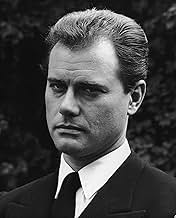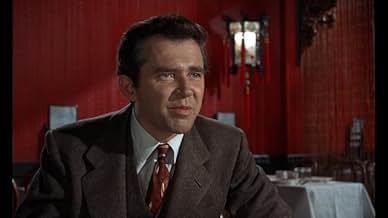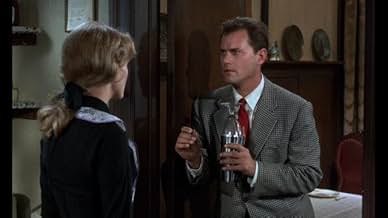Sidney Lumet directed this busy, bustling, chatty character study-cum-soaper concerning eight Vassar graduates in 1933 who take different paths in life but always manage to stay in touch. Writer-producer Sidney Buchman nearly pulls off the heady task of adapting Mary McCarthy's well-loved novel to the screen, despite insurmountable story obstacles, a self-defeating length, and a persistent claim from professional critics at the time that maybe a female screenwriter should have been hired instead to adapt McCarthy's prose (Pauline Kael was the most vocal in this area). With much crisscross editing between apartments, hospitals, and places of employment, it's nearly impossible to determine how many years pass in the course of the story--and this episodic structure leaves Candice Bergen's Lakey and Mary-Robin Redd's Pokey with hardly any screen-time. Joan Hackett as Dottie makes a very appealing impression in her early scenes (falling for heartless womanizer Richard Mulligan), but then she too disappears. There's far too much of Joanna Pettet in the overtly-showy role of Kay (and with her comes Larry Hagman, doing nothing new in the impossible role of Kay's hard-drinking, womanizing husband). Elizabeth Hartman as Priss and Shirley Knight as Polly end up doing the finest acting work, with Knight practically carrying the film's final third--but then, the screenplay is tipped towards our liking those characters the most (if Jessica Walters' gossiping Libby was revealed to have half a heart, we might feel the same towards her). The scattershot humor is there, but it's always undercut by sourness--which is then replaced with grimness. If Buchman was inappropriate as the writer, Lumet was equally a questionable choice as director. He keeps the pacing lively, but the film is far more vitriolic than nostalgic. **1/2 from ****


































